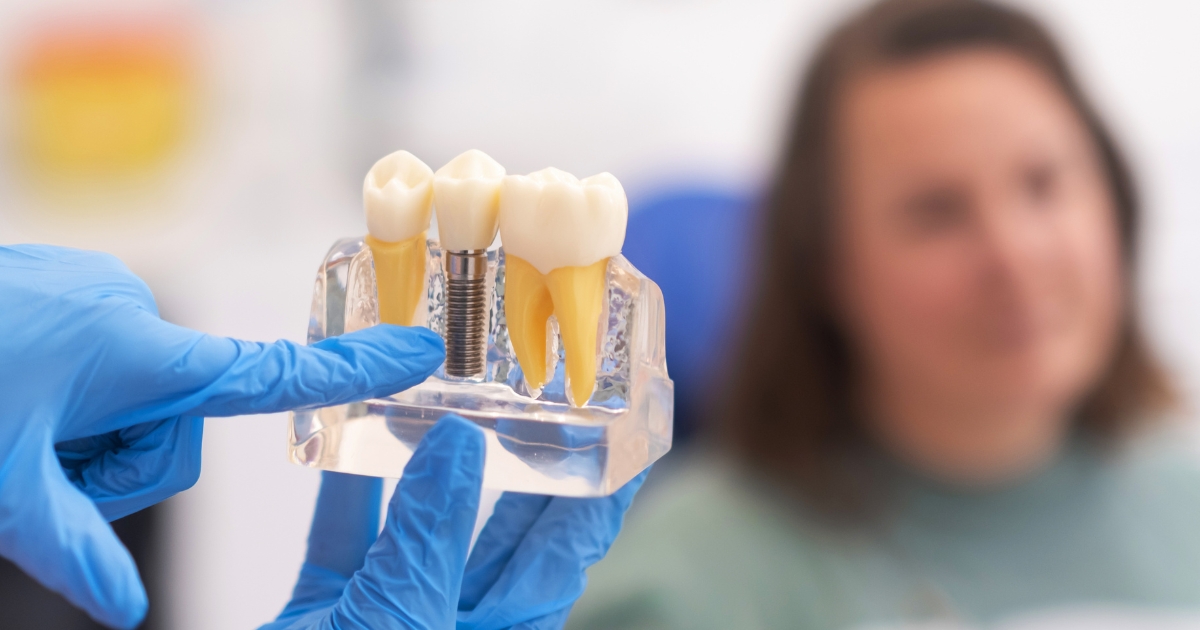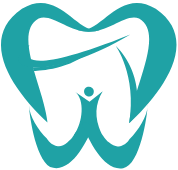Dental Implant Aftercare Guidelines for Ensuring Durability

Congratulations on your new dental implants! You’ve taken a significant step towards reclaiming a confident smile and optimal oral health. However, the journey doesn’t end with the implant surgery; in fact, it’s just the beginning. Proper aftercare is crucial to ensure the longevity and success of your dental implants. This guide will walk you through comprehensive dental implant aftercare guidelines, empowering you to maintain a healthy and enduring smile.
Understanding Dental Implant Aftercare (days 1-14):
Your journey to a lasting and confident smile begins with a thorough understanding of dental implant aftercare. This crucial phase involves specific steps and considerations that can significantly impact the success and longevity of your implants.
Initial Healing Period
The first two weeks post-implant surgery demand extra attention to ensure a smooth healing process.
- Oral Hygiene: Gently brushing the implant site is crucial, but it must be done with care. Use a soft toothbrush and follow your dentist’s recommendations for toothpaste. Additionally, incorporate a non-alcoholic, antimicrobial mouthwash into your routine to maintain cleanliness without irritation.
- Dietary Considerations: During this initial healing phase, opt for a softer diet. Avoid hot and spicy foods that might cause discomfort or irritation. The goal is to provide your implants with the optimal environment for healing without unnecessary stress.
Managing Discomfort
Post-surgery discomfort is common, but there are effective ways to manage it.
- Prescribed Medications: Your dentist may prescribe pain relievers or antibiotics. It’s crucial to take these medications as directed to alleviate pain and prevent infection.
- Ice Packs: Applying ice packs to the external cheek area in short intervals can help reduce swelling. This simple yet effective technique contributes to a more comfortable recovery.
Rest and Recovery
Allow your body the time it needs to heal by prioritizing rest.
- Avoid Strenuous Activities: In the first few days following surgery, steer clear of strenuous activities that could hinder the healing process. Rest is a crucial component of a successful recovery.
Mid-Term Aftercare (Weeks 2-6)
As you transition into the mid-term phase of dental implant aftercare (weeks 2-6), you’re moving beyond the immediate post-surgery period. During this stage, a delicate balance between gradual normalcy and ongoing care is crucial to support the healing process and lay the foundation for the long-term success of your dental implants.
Gradual Diet Transition
The initial two weeks post-implant surgery required a softer diet to promote healing and minimize stress on the implants. Now, as you enter weeks 2-6, you can gradually reintroduce a more diverse range of foods.
- Soft Diet Continuation: While expanding your food choices, continue prioritizing softer options. This precaution ensures that you don’t subject the implants to excessive pressure during the ongoing healing process. It’s a progressive approach, allowing your body to adjust at its own pace.
Regular Dental Check-ups
Scheduled follow-up appointments with your dentist become increasingly important during this mid-term phase.
- Professional Oversight: Your dentist will closely monitor the progress of your healing during these check-ups. These sessions are opportunities for your dental professional to make any necessary adjustments, ensuring that everything is progressing as expected.
- Addressing Concerns: If you experience any unexpected discomfort, swelling, or other issues, these appointments provide a platform for addressing concerns promptly. Open communication with your dentist is key to a successful recovery.
Oral Hygiene Routine
Maintaining a meticulous oral hygiene routine remains a cornerstone of mid-term aftercare.
- Introducing Flossing: With your dentist’s approval, gradually introduce flossing into your routine. Flossing is essential for reaching areas between teeth and implants that a toothbrush might miss. Be gentle, and pay special attention to the implant sites, ensuring thorough cleaning without causing trauma.
- Continued Soft Brushing: Use a soft toothbrush to clean your teeth and the implant sites. The goal is to maintain oral cleanliness without irritating the healing areas. Your dentist may recommend specific toothpaste tailored to support the healing process.
Long-Term Maintenance (Beyond 6 Weeks)
Beyond the initial phases of dental implant aftercare, the focus shifts to long-term maintenance, a crucial period that extends well beyond the first six weeks post-surgery. This phase is dedicated to preserving the health and durability of your dental implants for years to come.
Regular Dental Cleanings:
Maintaining a consistent schedule of regular dental cleanings is a cornerstone of long-term implant care.
- Professional Cleanings: Schedule professional dental cleanings every six months. These sessions are instrumental in removing plaque and tartar buildup, safeguarding against gum disease, and ensuring the overall health of your teeth and implants.
- Periodic Assessments: During these cleanings, your dentist will conduct thorough assessments, checking the condition of your implants, the integrity of surrounding tissues, and addressing any emerging concerns.
Oral Hygiene Products
Investing in the right oral hygiene products designed specifically for dental implants is vital.
- Dentist-Recommended Products: Consult with your dentist to identify toothpaste, mouthwash, and dental floss tailored to support implant health. These products are formulated to maintain a healthy oral environment without compromising the integrity of the implants.
Watch for Warning Signs
Vigilance for any potential issues becomes increasingly important during long-term maintenance.
- Persistent Pain or Discomfort: If you experience persistent pain or discomfort around the implant sites, it’s crucial to bring it to your dentist’s attention promptly. Early intervention can prevent complications and ensure the continued success of your implants.
- Swelling or Changes in Bite: Monitor for any unusual swelling or alterations in your bite. These could be indicative of underlying issues that need professional assessment.
As you embark on this journey towards a lasting, confident smile, remember that dental implant aftercare is a continuous process. By following these guidelines and maintaining regular communication with your dentist in Katy, you’re actively contributing to the durability and success of your dental implants. Embrace each step of the aftercare journey, and your radiant smile will be with you for years to come.






